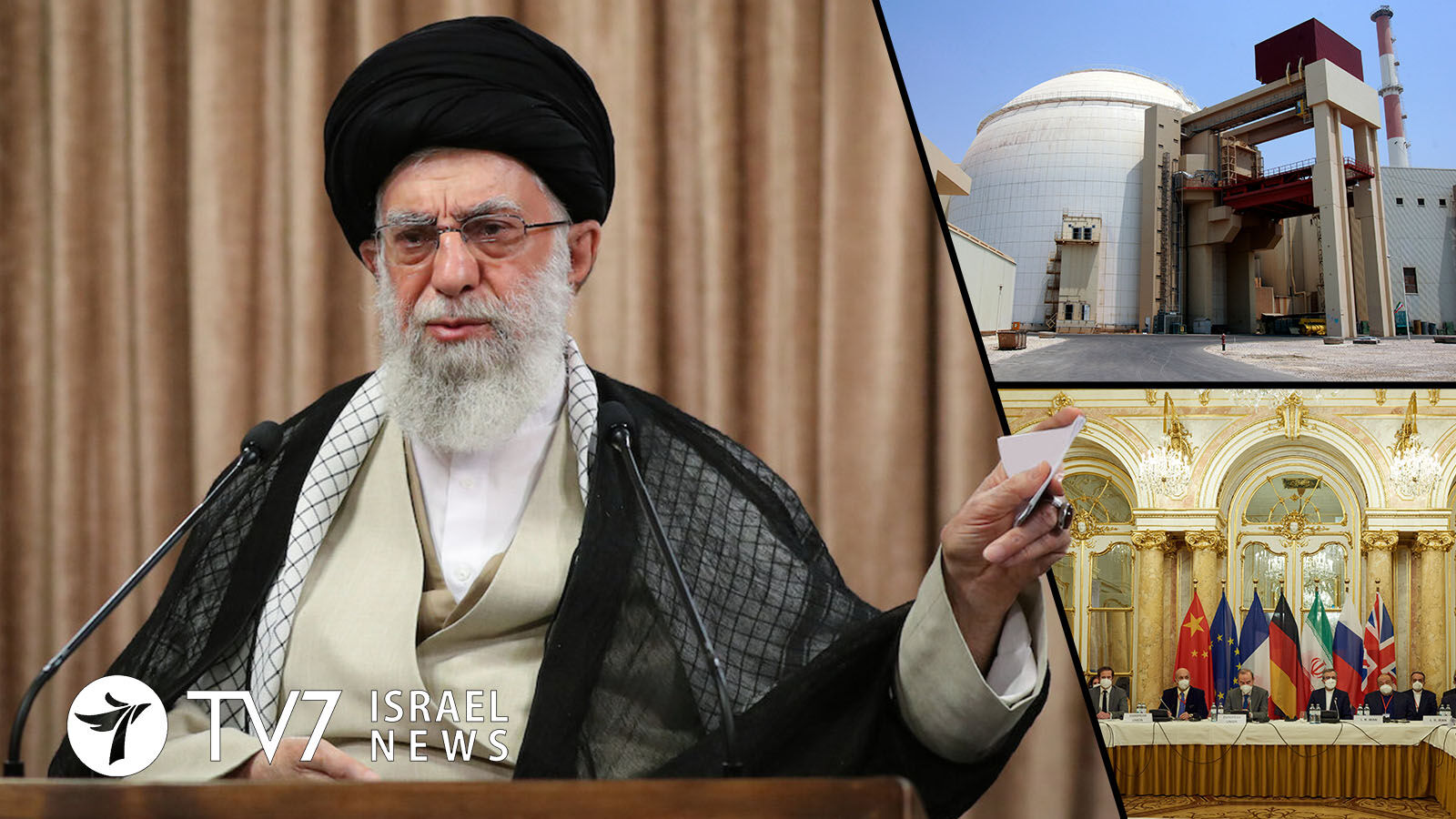Iranian Foreign Ministry Spokesman Saeed Khatibzadeh announced that his nation has excluded any prospect of reaching an intermediate nuclear agreement with world powers.
By Jonathan Hessen and Erin Viner
Speaking in Tehran, Khatibzadeh said that without adequate guarantees and satisfactory verification of compliance by the United States, the Islamic Republic will not agree to revive the 2015 Joint Comprehensive Plan of Action (JCPOA).
In apparent response to repeated warnings by Western powers that progress at the ongoing talks in Vienna has been too slow and negotiators have “weeks not months” left before the 2015 deal becomes meaningless due to Iranian nuclear advances, Khatibzadeh stressed the current “indirect” format is time-consuming. Iran refuses to meet directly with U.S. officials, meaning that other parties – Britain, China, France, Germany and Russia – must shuttle between the two sides.
“Iran and the United States expressed their views through informal written exchanges, which mainly focused on the lifting of US sanctions against Iran, ensuring the effect of the lifting of sanctions, obligations and commitments in the nuclear field, and ensuring that Washington will no longer toy with international relations and the Iran nuclear deal,” added the Iranian Foreign Ministry Spokesman.
The eighth round of talks resumed on 3 January. While Western diplomats would like to see a breakthrough by the end of this month or early February, Iran has rejected the imposition of any deadline to reach agreement.
Sources familiar with the negotiations say that sharp differences remain with the toughest issues still unresolved.
